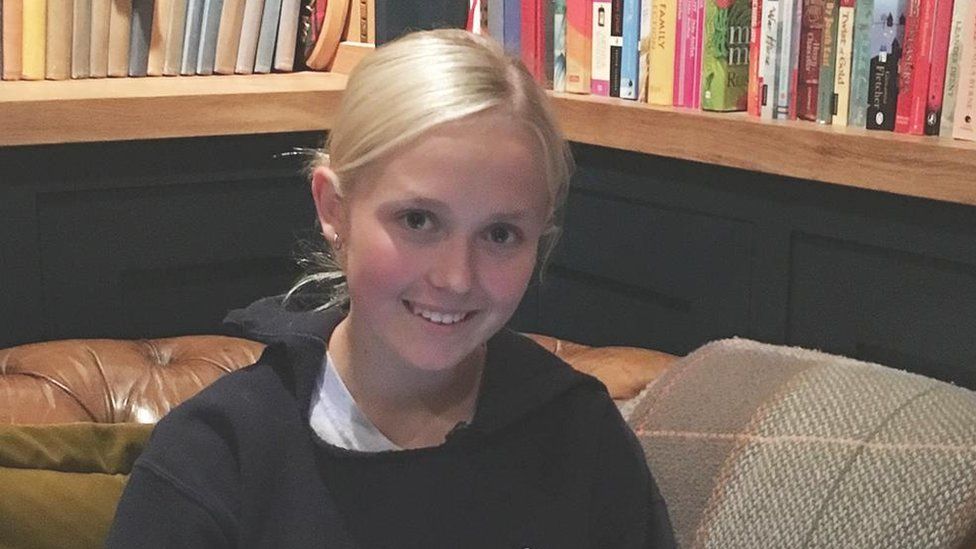Senator Questions the Value of Scientific Research

(Getty Images/mammamaart)
https://www.washingtonpost.com/news/powerpost/wp/2016/11/30/should-the-u-s-spend-200000-on-how-500-year-old-fish-bones-relate-to-tanzanian-social-status/?utm_term=.6218dd1cef44#comments
1) Which numbers are used as evidence in this article? What evidence is used by politicians as "appropriate" or "too much" spending?
2) Why might a scientist have a different opinion on this than that of a builder? Whose perspective is left out?
3) In what ways is this connected to sports? Instagram?
4) How might this be different if it was written by a scientist? What would happen if the government did not fund scientific research in the non-STEM related field?
5) What are some basic assumptions about government? The role of science in society? How are those assumptions reinforced in this article? How are they undermined?
Extension Activities:
1) Students can research the history of breakthroughs/inventions that have their roots in seemingly trivial experimentation and create a top ten list.
2) Students can research Bell Labs/Raytheon and NASA/NSF for the various ways the government and the private sector approach research and development.
AoK: Natural Sciences
WoK: Emotion

(Getty Images/mammamaart)
https://www.washingtonpost.com/news/powerpost/wp/2016/11/30/should-the-u-s-spend-200000-on-how-500-year-old-fish-bones-relate-to-tanzanian-social-status/?utm_term=.6218dd1cef44#comments
1) Which numbers are used as evidence in this article? What evidence is used by politicians as "appropriate" or "too much" spending?
2) Why might a scientist have a different opinion on this than that of a builder? Whose perspective is left out?
3) In what ways is this connected to sports? Instagram?
4) How might this be different if it was written by a scientist? What would happen if the government did not fund scientific research in the non-STEM related field?
5) What are some basic assumptions about government? The role of science in society? How are those assumptions reinforced in this article? How are they undermined?
Extension Activities:
1) Students can research the history of breakthroughs/inventions that have their roots in seemingly trivial experimentation and create a top ten list.
2) Students can research Bell Labs/Raytheon and NASA/NSF for the various ways the government and the private sector approach research and development.
AoK: Natural Sciences
WoK: Emotion





